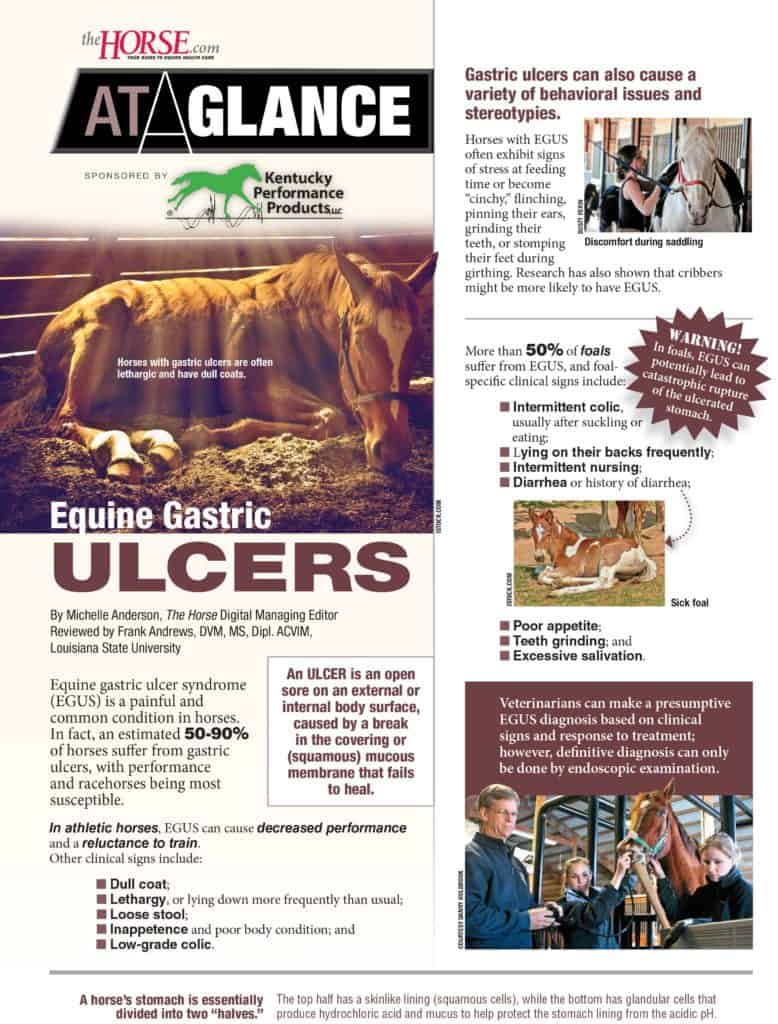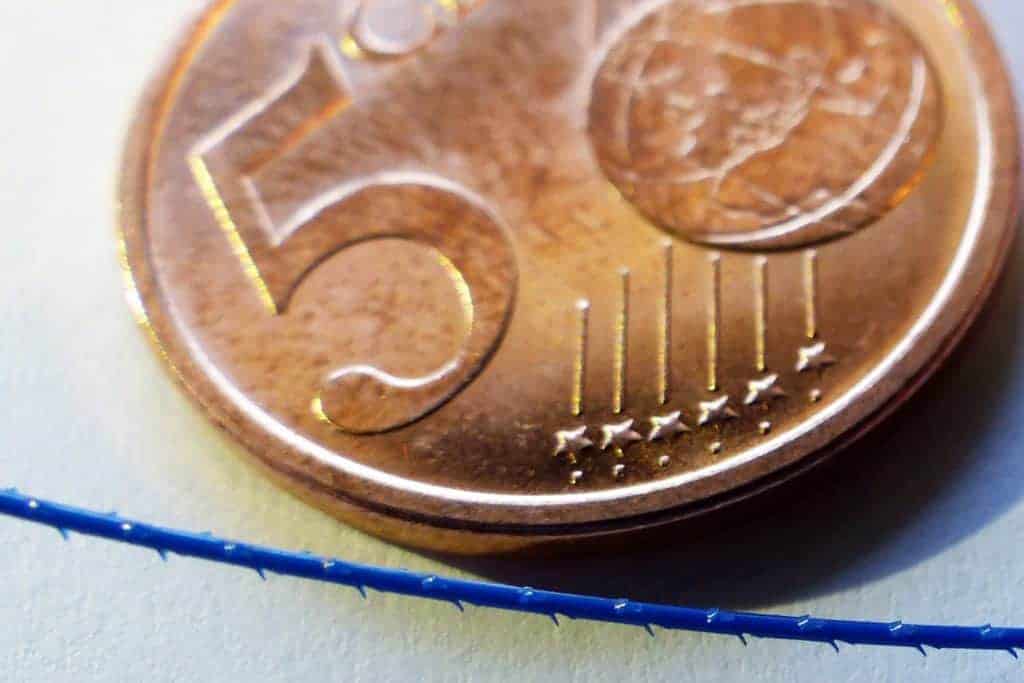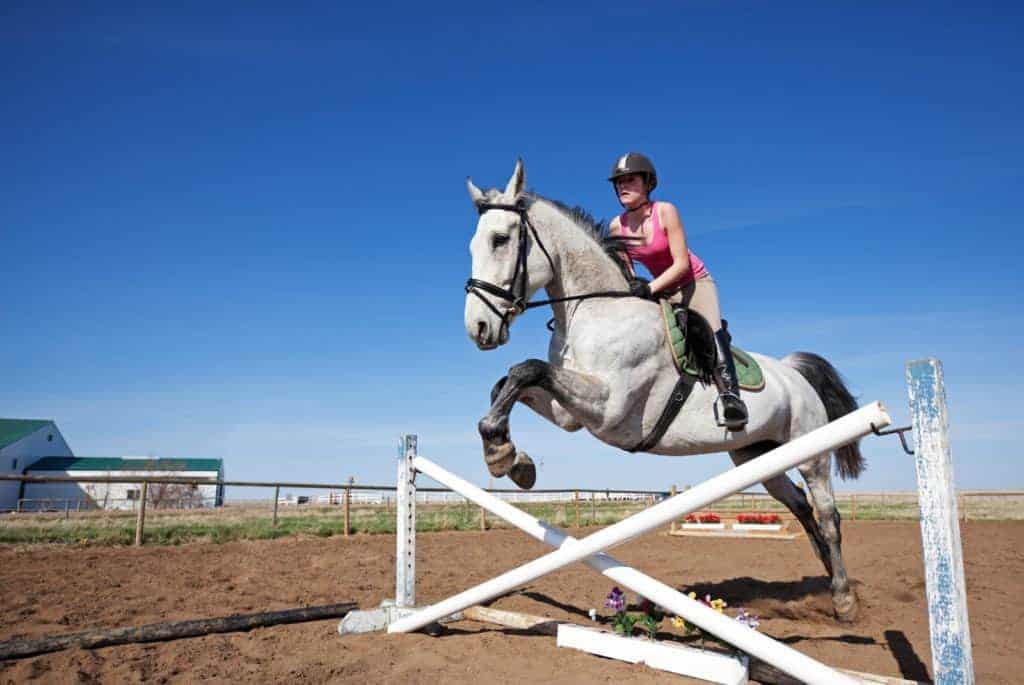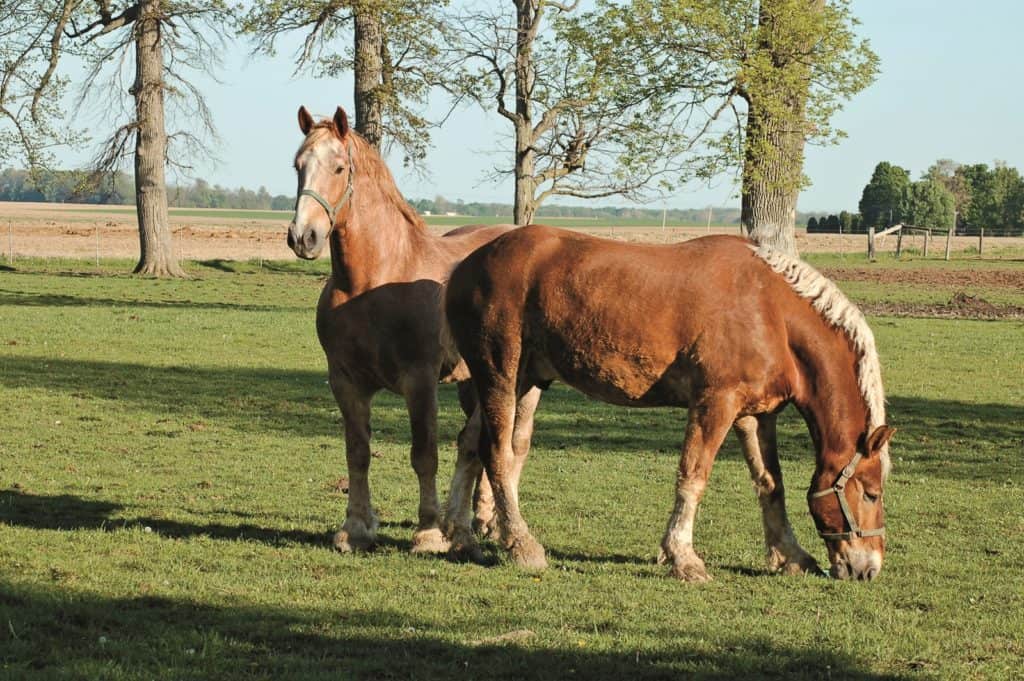
How Do You Handle Colic?
Study results suggest that owners’ responses to colic signs vary considerably based on their knowledge and experience.

Study results suggest that owners’ responses to colic signs vary considerably based on their knowledge and experience.

Equine gastric ulcer syndrome (EGUS) is a painful and common condition in horses. Download this free guide to learn more!

I have a healthy 21-year-old retired gelding who will not eat any type of hay in his stall at night. I have concerns about him standing in his stall all night without chewing and developing ulcers as a result. What are my options?

Many cases of colic in foals can be corrected medically with the assistance of a veterinarian.

Horses are more prone to digestive upset than other domestic animals because of how their GI tract functions.

The goal of medical management centers around breaking the associated pain cycle and reestablishing proper GI function.

Barbed sutures eliminate the need for knot-tying and distribute tension on the suture line more evenly, researchers say.

Several ingredients claim to help equine gastric ulcers, but only a few have research behind them.

Learn to identify these common and important signs of colic in horses–doing so might save your horse’s life.

EMS horses had less microbial diversity than healthy horses, potentially impairing gut health and affecting metabolism.

Researchers are learning more about how microbes within the gut influence horse health.

Researchers discuss equine rotavirus infection in foals, bacterial upper airway infections, and more.

In a long-term study, researchers showed that 92.5% of horses discharged had returned to work four to eight years after surgery.

Digestive system and cardiovascular system problems were the most common causes of death in the study population.

Our equine nutritionist shares tips for keeping your horse healthy and your pastures in good shape this spring.

Carbohydrates are the main source of dietary energy for horses and are important for fast, quick-burning power.
Stay on top of the most recent Horse Health news with
"*" indicates required fields